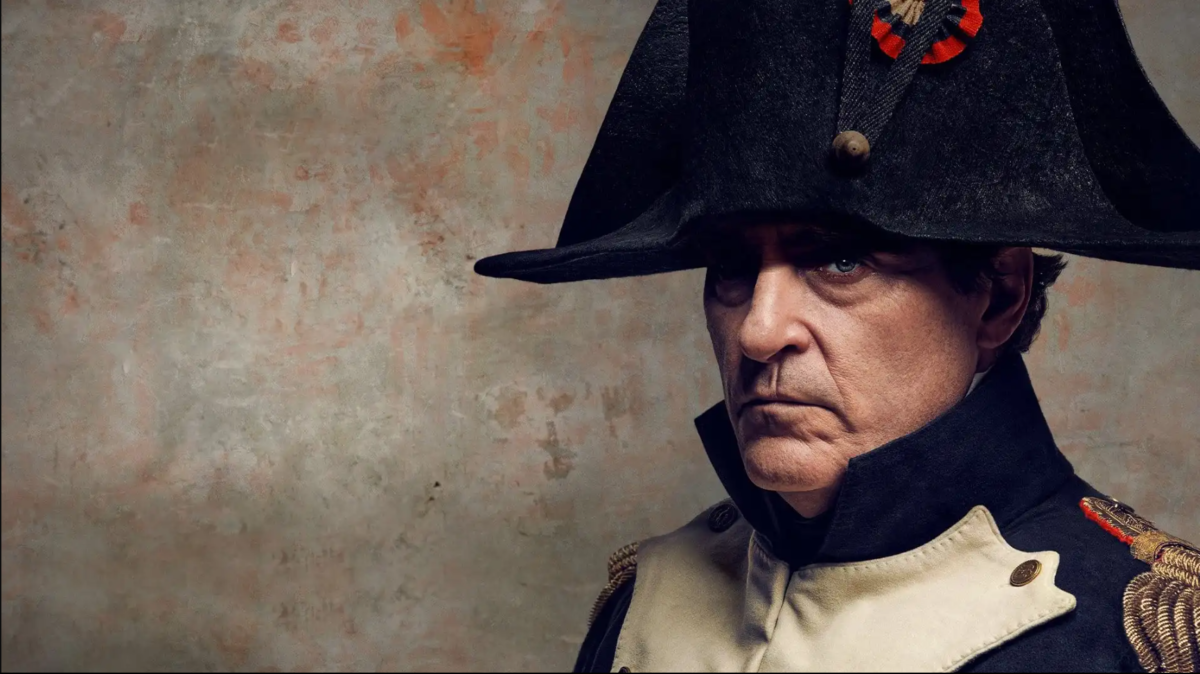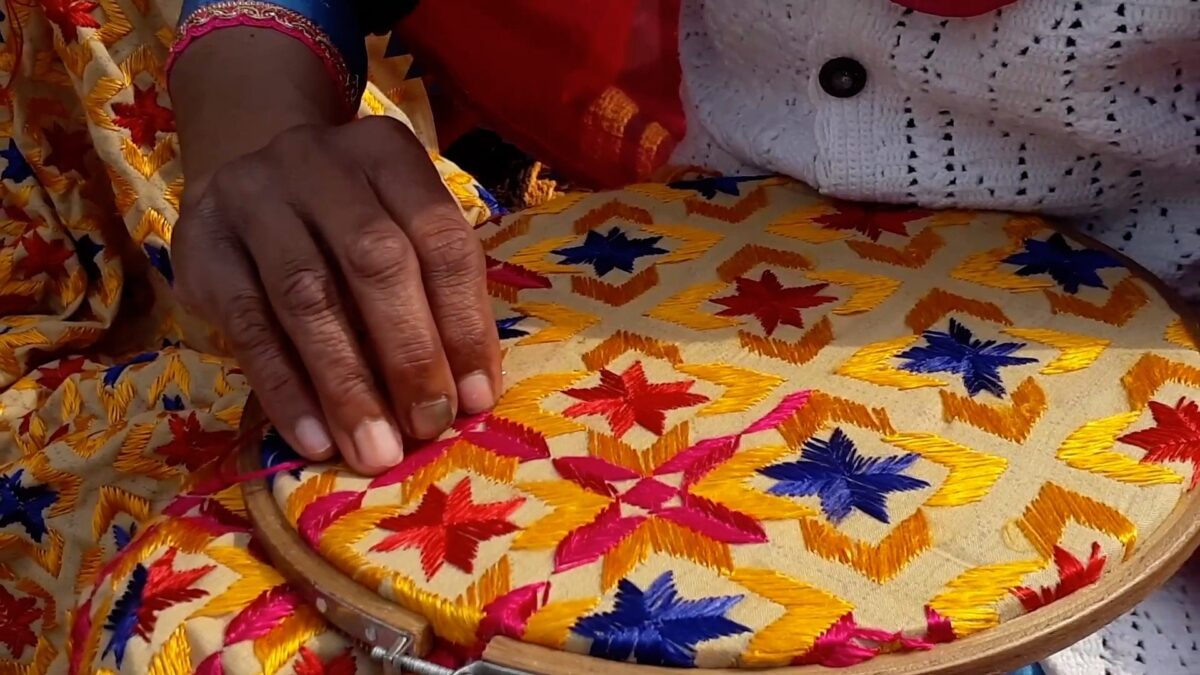Week One in Calcutta:
– A dog eating a used sanitary pad in the girls’ bathroom.
– Movie stars over breakfast.
– A Bengali man and I going to town on bubble wrap, trying to finish wrapping a tower fan after the store had already closed.
– Singing old Hindi songs in a hostel mess with sixty strangers.
– Getting to know my home for the next two years—just a little better.










